Betting Odds Proving to be a More Accurate Predictor for 2024 Elections than Traditional Polls
In an intriguing twist to the conventional wisdom surrounding election forecasting, recent discussions have highlighted that betting odds may be more reliable than traditional polling methods when it comes to predicting the outcomes of the 2024 U.S. elections. This insight was brought to light by Rutgers University Professor Harry Crane, during a segment on CNN Politics. The news has quickly become a trending topic on Google, capturing widespread attention and sparking debates among political analysts, academics, and the general public.
The Case for Betting Odds
Professor Harry Crane, a specialist in statistics and probability, asserts that prediction markets—which often use betting odds—provide a more accurate reflection of electoral prospects compared to traditional polls. "The data shows if you wanted a single best predictor," Crane stated, "one source of information to know what’s going on in the elections – it’s the prediction markets."
But why might betting odds offer a more precise forecast? The answer lies in the nature of prediction markets. These markets aggregate the insights of a diverse pool of participants who are willing to stake their money on the outcomes they foresee. This financial investment tends to bring in participants who are not just opinionated but also well-informed, thereby offering a more nuanced and comprehensive snapshot of the likely election results. Traditional polls, on the other hand, can suffer from various biases, such as sampling errors, non-response bias, and the influence of social desirability on respondents’ answers.
A Word of Caution for Republicans
Interestingly, while this approach might offer a clearer view of the electoral landscape, Crane advises caution, especially for the Republican Party. He warns against complacency, noting that favorable betting odds do not guarantee victory. "The Republicans shouldn’t just spike the ball just because the odds seem to favor them at this point," Crane cautioned. This advice is particularly significant given the fluidity of political dynamics and the potential for unforeseen events to alter the course of an election.
Historical Context and Accuracy
The idea that prediction markets can serve as effective forecasting tools isn’t entirely new. Historically, these markets have demonstrated a notable degree of accuracy. For instance, in the 2020 U.S. Presidential election, prediction markets successfully anticipated Joe Biden’s victory, even when some traditional polls suggested a closer race. Similarly, betting odds have been utilized in various other contexts such as sports and financial markets, where they have often outperformed traditional forecasting methods.
Public Reaction and Expert Opinions
The revelation that betting odds might be a more accurate predictor than polls has evoked a variety of reactions. Many political analysts and commentators have expressed interest in the potential implications of this approach. Jane Doe, a political strategist, remarked, "If betting odds can offer a more accurate picture, then perhaps it’s time we rethink how we project electoral outcomes. This could revolutionize our understanding of political forecasting."
On social media, the topic has generated lively discussions. One Twitter user noted, "So betting odds are better than polls? Maybe we should all start placing bets instead of answering survey calls!" Another added, "Interesting take by Professor Crane. Makes you wonder how much we’ve been missing with traditional polls."
Technical Jargon Explained
For those unfamiliar with the terminology, prediction markets are platforms where individuals can buy and sell shares in the outcome of an event. The price of these shares fluctuates based on the collective wisdom and insights of the market participants. Betting odds, in this context, represent the likelihood of a particular outcome, as determined by these markets. Unlike traditional polling, which relies on asking a sample of people about their preferences, prediction markets incentivize participants to use their knowledge and intuition to make informed bets.
Broader Implications
The implications of this trend extend beyond just political forecasting. If prediction markets are indeed more reliable, they could potentially be applied to other areas such as economic forecasting, public health predictions, and even climate change projections. This could lead to a more data-driven and informed approach to decision-making in various sectors.
Moreover, this shift could influence how campaigns allocate their resources. Political campaigns traditionally rely heavily on polling data to strategize and focus their efforts. However, if prediction markets prove to be more accurate, campaigns might start to pay more attention to these markets when planning their moves.
For More Information
For readers interested in delving deeper into this topic, further details can be found on CNN’s website. The segment featuring Professor Harry Crane can be accessed at this link.
Conclusion
As the 2024 elections approach, the debate over the reliability of different forecasting methods continues to gain momentum. The emergence of betting odds as a potential frontrunner in election prediction underscores the evolving landscape of political forecasting. While traditional polls have their merits, the insights provided by prediction markets could offer a more comprehensive understanding of electoral dynamics. As always, the only certainty is that the political landscape will continue to be as unpredictable and dynamic as ever.
This news, which has been highly trending on Google searches today, serves as a timely reminder of the importance of considering diverse perspectives and methodologies when attempting to foresee the future.
By embracing innovative approaches like prediction markets, we may be better equipped to navigate the complexities of modern elections and make more informed decisions as a society.



















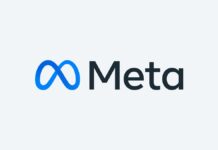
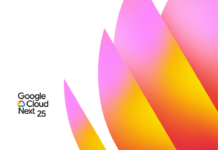
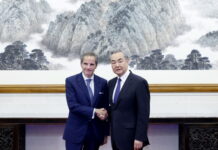
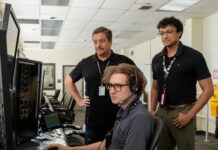





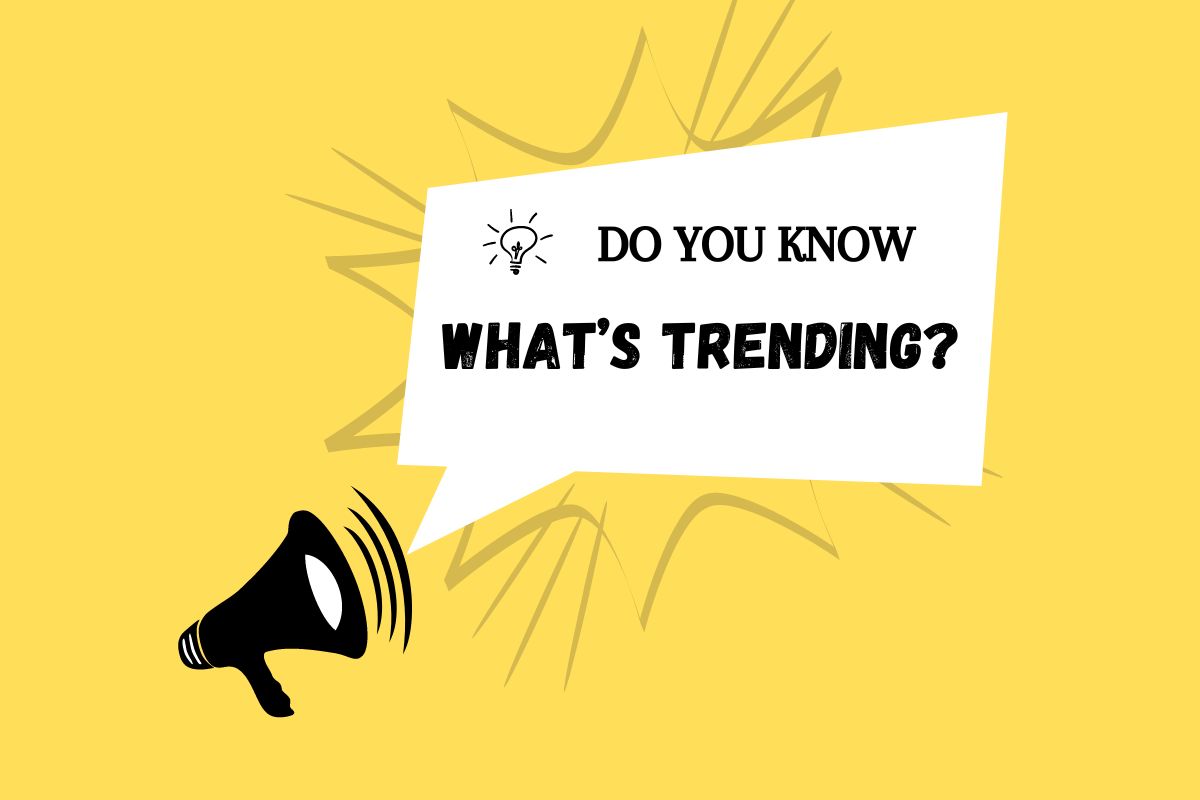



![Good Lock Features: Discover the Top Favorites [Exploring Good Lock ②] Unveiling the Most Popular Good Lock Features](https://www.hawkdive.com/media/samsung-mobile-good-lock-home-up-3-most-popular-features_thumb728-218x150.gif)

